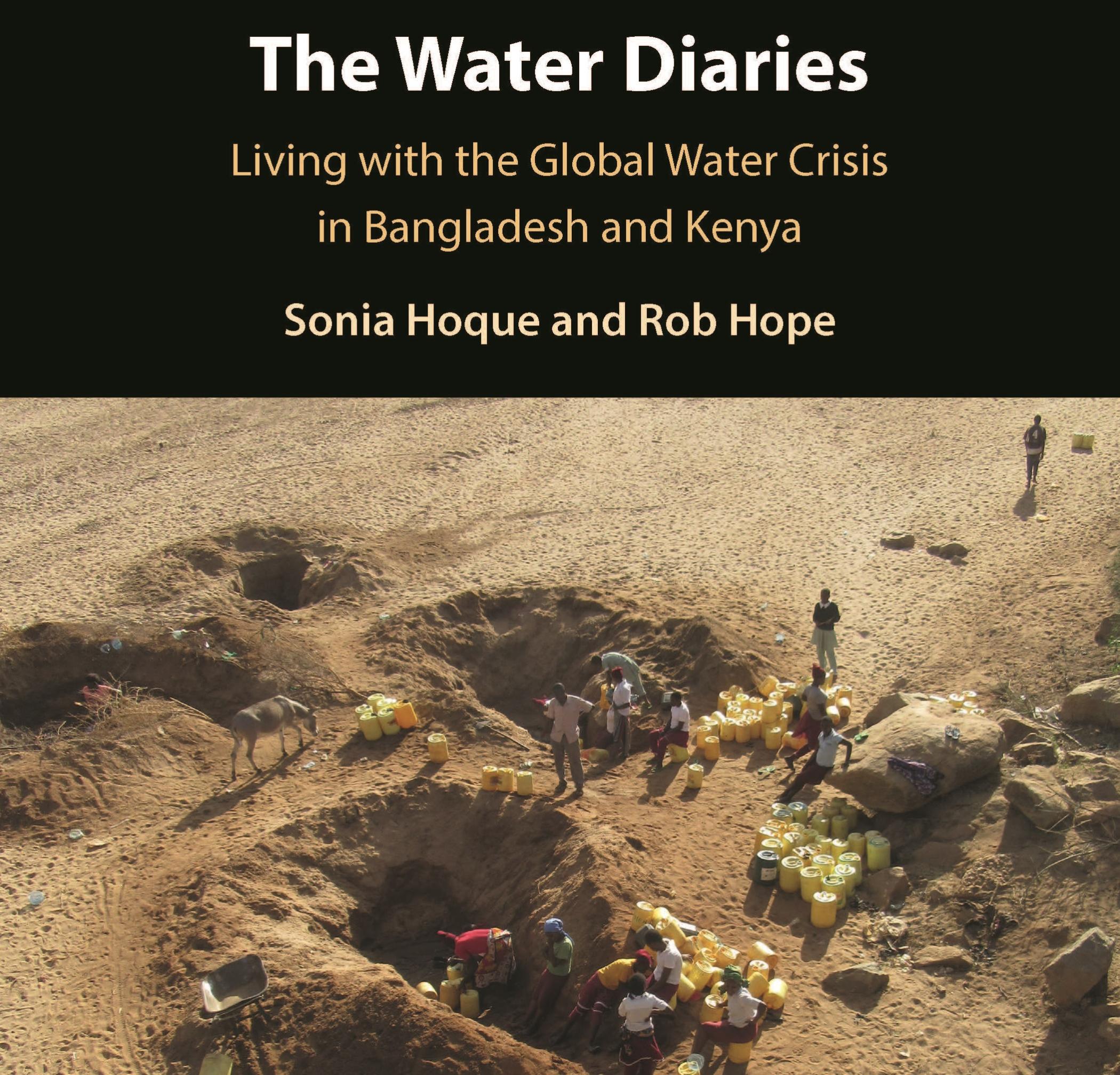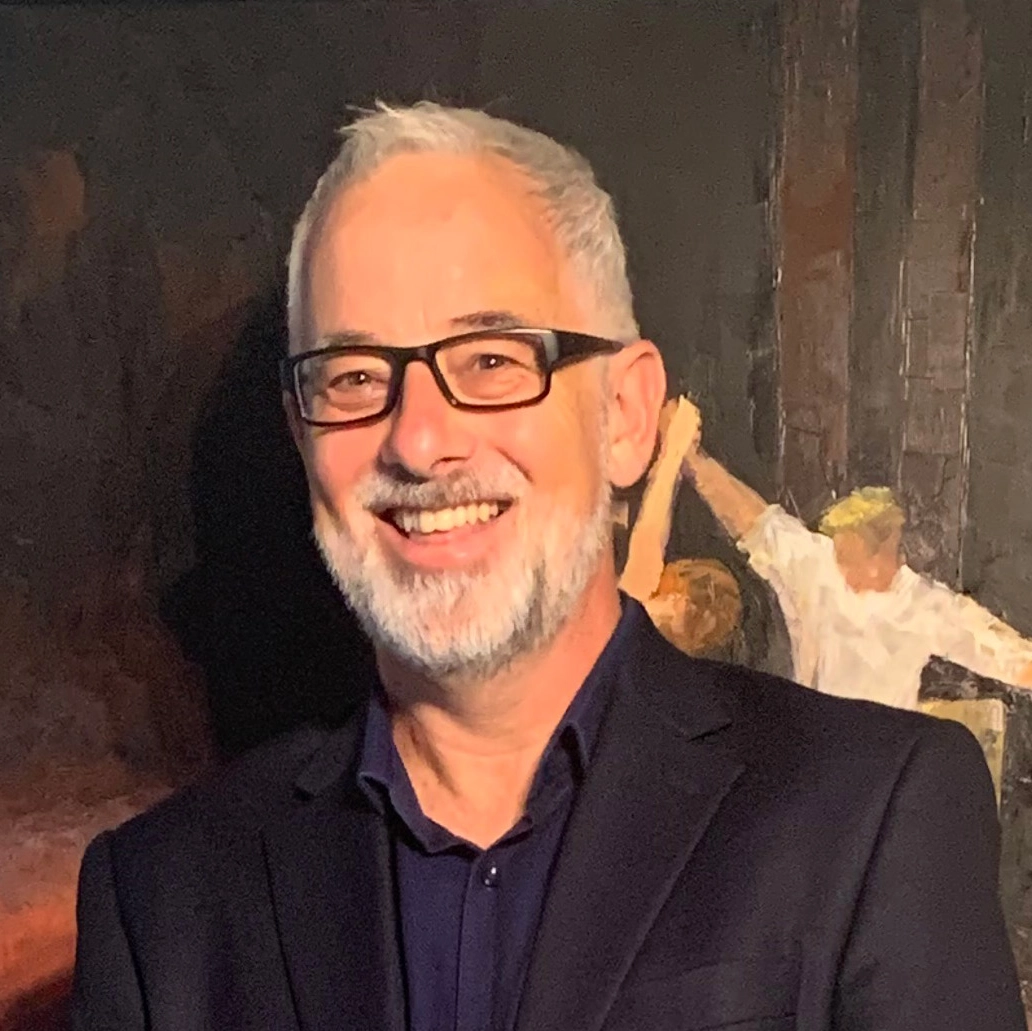Global water crisis: new book reveals struggles and strategies of families on the frontline

Dr Sonia Hoque and Professor Rob Hope interviewed 350 families living without water security in Kenya and Bangladesh. The Water Diaries tells their story, and makes an impassioned call for change.
Every day, over two billion marginalised people must make difficult choices to find and use water for drinking, cooking, washing, hygiene, or watering livestock. The Water Diaries, published today by Cambridge University Press, gives a unique insight into their lives and the decisions they must make to survive on the frontline of this global crisis.
For an entire year, 350 families in Kenya and Bangladesh recorded their daily water struggles. They documented where they obtained their water, the amount they paid, and whether it was sufficient for their needs.
“Our project revealed the sophisticated approaches these families employ to survive amidst poor access to clean water,” explains Professor Rob Hope, an expert in water policy at Oxford. “Their diaries offer crucial insights into social and cultural practices that do not always align with top-down policies—often where interventions fail.”
The book includes four detailed case studies of urban and rural areas, and critically reviews existing policy and institutional design. Seasonal river diaries provide insight into how low-income communities in Dhaka, Bangladesh’s capital city, cope with rivers polluted by the textile industry.
The authors call for new ways of allocating water risks and responsibilities fairly and effectively between government, communities, enterprises, and water users.
“Our book offers a powerful and personal look at the global water crisis through the voices of those most affected. We are not just looking at infrastructure but at the daily experiences of people living with water insecurity,” says Dr Sonia Hoque, an environmental social scientist. “Through their own words and records, we see the trade-offs they make every day and how existing systems fail them.”
Transferring responsibility for water infrastructure from local communities to tightly regulated professional service providers, financed by results-based contracts, is key, the authors say.
“The positive news is that much can be done to improve people’s lives,” states Dr Hoque. “New initiatives and investments have emerged from partnerships with governments and donors, showing that change is possible when policies are better aligned with lived realities.”
The Water Diaries is an output of the REACH, a global, University of Oxford led research programme to improve water security for millions of people in Asia and Africa.


